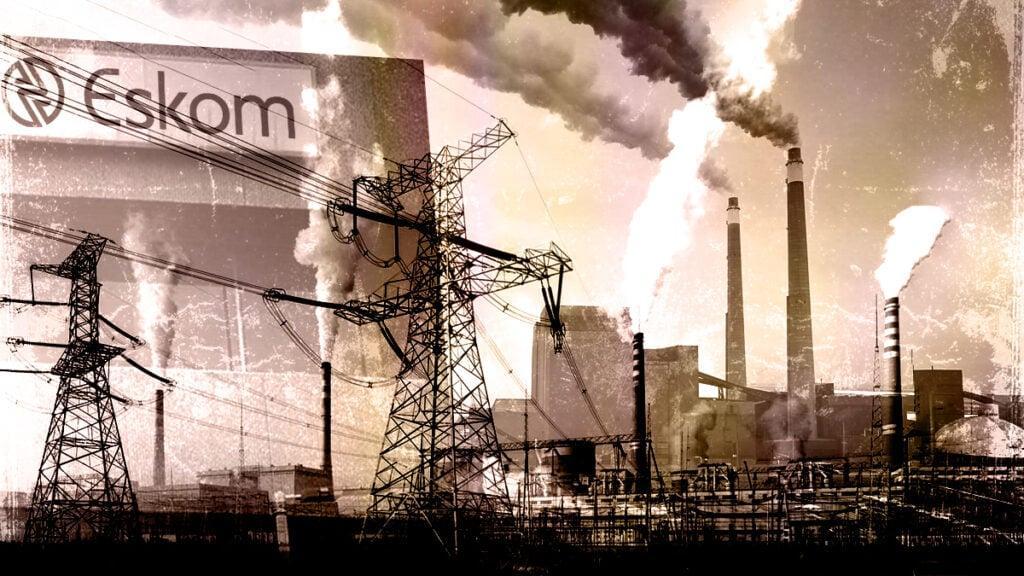Africa-Press – South-Africa. South Africa is facing a new electricity crisis, stemming from municipal mismanagement of the country’s distribution network, which threatens the gains made in keeping load-shedding at bay.
Local municipalities have failed to invest adequately in electricity distribution infrastructure, resulting in parts of the country being left in the dark even without load-shedding.
The Organisation for Economic Cooperation and Development (OECD) called for radical reform of this sector to avoid South Africa’s gains in electricity generation being for nothing.
This call was made in the organisation’s latest survey on South Africa’s economy, released in early June, after extensive research.
The organisation analysed South Africa’s economy to identify the significant issues preventing its economy from growing at the same rate as its emerging market peers.
South Africa’s economic growth has averaged an annual rate of 0.7% over the past decade, while emerging markets have averaged a significantly higher 4.5%.
This lacklustre growth has resulted in South Africans being poorer than they were a decade ago and has translated into a sharp uptick in unemployment.
One of the primary reasons for this poor economic growth, according to the OECD, is the insufficient electricity supply.
“South Africa’s electricity sector has faced a 15-year-long crisis, markets by persistent failures to meet demand and frequent planned power outages since 2019,” the organisation said.
This has significantly impacted local economic activity, raising the cost of doing business, crippling key industries such as mining and manufacturing, and substantially raising the price of electricity.
South Africa’s electricity challenges have worsened significantly over the past five years, with estimated shortages shaving 1.5% off GDP growth.
“The power crisis is closely linked to Eskom’s financial issues, a lack of competition, inadequate investment in the grid, corruption, and mismanagement,” the OECD said.
The graph below illustrates the relationship between the decline in electricity investment in South Africa and the decrease in electricity generated in the country.
South Africa is not out of the woods
While the country’s electricity supply improved markedly in 2024, with only 69 days of load-shedding, significant challenges still remain.
In particular, the OECD warned that South Africa’s reform of the electricity sector is not moving fast enough and is too narrowly focused.
“Priority should be given to establishing the wholesale electricity market, an environment enabling more private investment in the transmission network and reforming the distribution segment,” it said.
While much progress has been made in reforming the transmission segment, with it being unbundled from Eskom, little attention has been paid to the distribution segment.
This area of the electricity sector is primarily the responsibility of municipalities and is a vital source of revenue for them.
In recent years, numerous outages and equipment failures have occurred at this level, exacerbating load shedding, as municipalities lack the funds to adequately maintain their infrastructure.
Electricity Minister Kgosientsho Ramokgopa has repeatedly said that the collapse of municipal infrastructure is the next front in the war against power outages in the country.
He is particularly concerned about the rapid deterioration of municipal infrastructure, which is likely to accelerate in the future. This, he warned, will result in outages nationwide despite a stable electricity supply.
The OECD stated that this problem is complex and cannot be solved by allocating more funds towards infrastructure maintenance or development at the municipal level.
Rather, it stated that the roles of municipalities and Eskom in electricity distribution must be completely redefined to better serve South African consumers.
“This requires revising management and funding models of municipalities, including by earmarking electricity revenue for grid investment, and exploring distribution concessions,” the organisation said.
Energy analyst and managing director of EE Business Intelligence, Chris Yelland, has referred to the distribution segment as completely dysfunctional.
Many municipalities are unable to pay Eskom for the electricity it provides, placing it under increasing financial pressure.
“This points to a completely dysfunctional electricity distribution sector. I do not see sufficient attention given to the reforms needed,” Yelland said.
“This sector really needs more attention now, much more attention because that is where a big crisis is brewing.”
For More News And Analysis About South-Africa Follow Africa-Press






